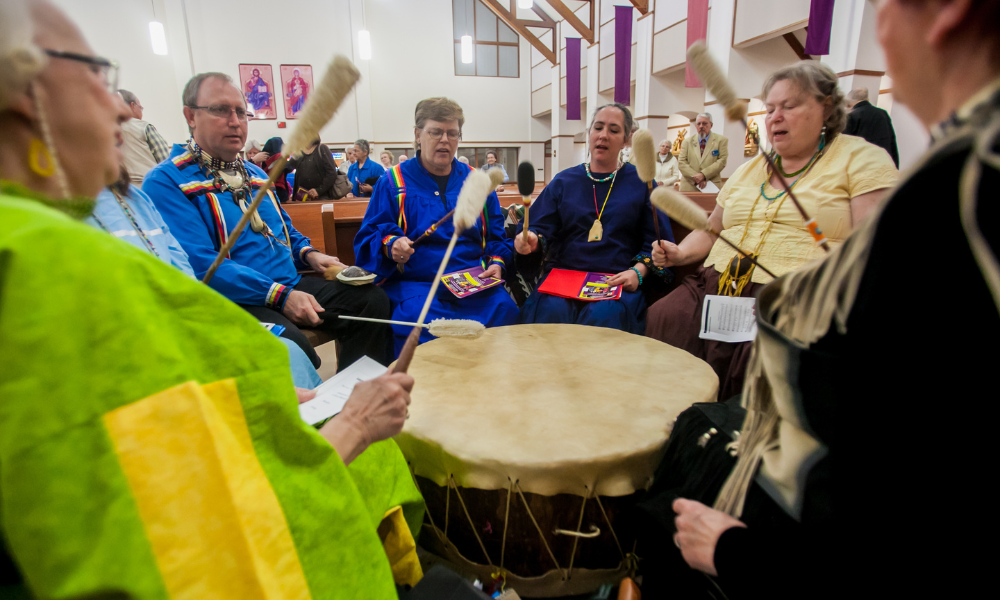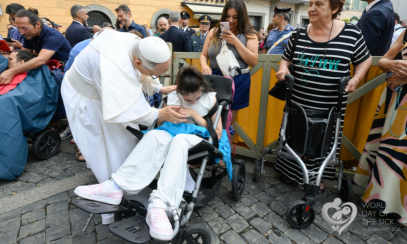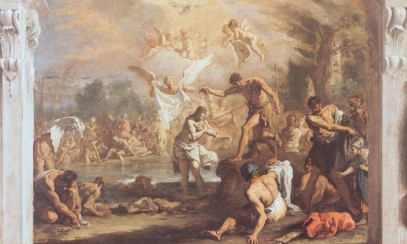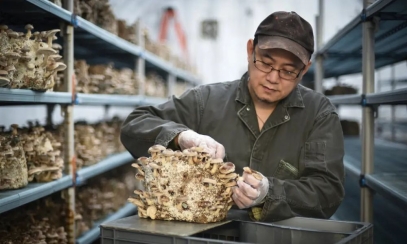A journey through rich cultural diversity
Native American Heritage Month, observed annually in November, is a time dedicated to honoring and celebrating the diverse cultures, traditions and contributions of Native Americans. As we embark on this journey, let us explore the significance of this month as experienced by Native Americans and share the splendor of their heritage. In the southern United States, an estimated 40% have some Native American ancestry.
Native American Heritage Month, observed annually in November, is a time dedicated to honoring and celebrating the diverse cultures, traditions and contributions of Native Americans. As we embark on this journey, let us explore the significance of this month as experienced by Native Americans and share the splendor of their heritage. In the southern United States, an estimated 40% have some Native American ancestry.
This month serves as a platform to acknowledge and honor the indigenous peoples of North America. At least 29 distinct groups of Native Americans lived in South Carolina. These communities boast a rich tapestry of history, culture and spiritual beliefs that stretch back thousands of years. We respect their enduring wisdom and resilience by embracing their heritage.
In the Diocese of Charleston, the Native American Heritage Celebration was first held in 2011 at St. Martin de Porres Church in Columbia. Mary Louise "Wolfwoman" Worthy is chief of the Lower Eastern Cherokee Nation of South Carolina. She remarked on why they chose "Invisible No More" as the first heritage celebration theme.
"This diocesan celebration showed the Church in Charleston that we were invisible no more even though we were treated as though. The gathering brought Natives and non-Natives together to celebrate and learn from us," she said. "Some were in search of learning more about us because they had a significant percentage of Native blood. It was a great day to be among all our brothers and sisters in Christ!"
We celebrate those who were at the forefront of Catholic Natives, including St. Juan Diego, now known as the indigenous people's patron saint; St. Kateri Tekakwitha, patroness of the environment and ecology; the martyrs of Florida and the North American martyrs and their companions, plus other missionaries who brought Catholicism to indigenous peoples.
To grasp this month's importance fully, it is essential to comprehend the historical hardships and injustices endured by Native Americans, from colonization to forced relocations and the spread of foreign diseases, which wiped out an estimated 90% of the indigenous populations since they had never experienced smallpox, measles or flu before. Native communities have faced numerous challenges. Recognizing their struggle fosters empathy while striving for a more inclusive future that values and respects their cultures.
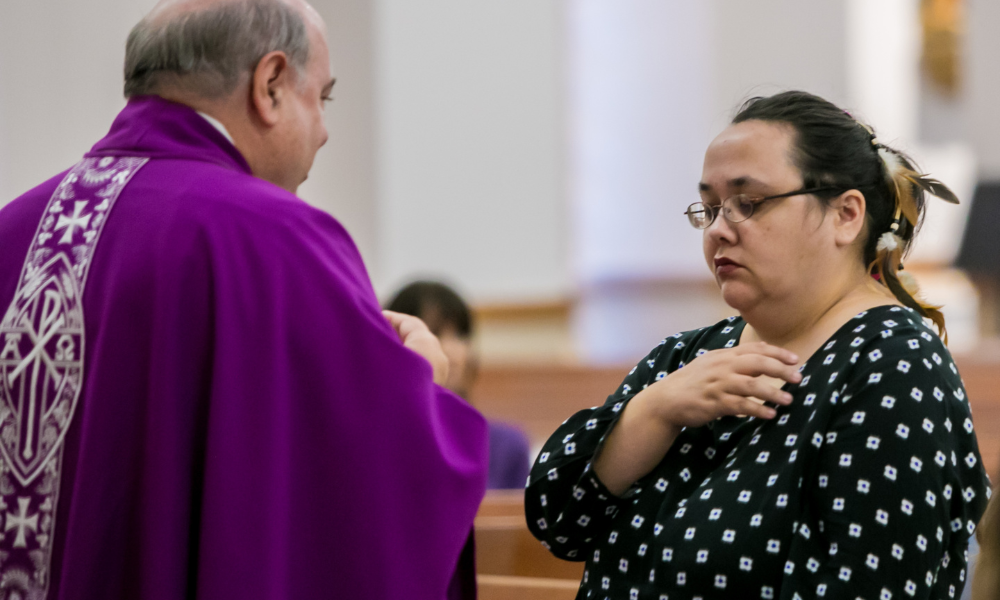
Cultural diversity
Native American Heritage Month provides an excellent opportunity to showcase the incredible spectrum of indigenous cultures. Across the continent, countless tribes, nations and communities possess distinct languages, artistic practices, rituals and social structures. By highlighting this diversity and embracing customs and traditions, we dispel the stereotypes and misconceptions that often overshadow their rich cultural tapestry.
Artistic expressions
Art has always been a vital aspect of Native American cultures. It serves as a means of storytelling, spiritual expression and celebration. From intricate beadwork to vibrant paintings, indigenous artists employ their creative talents to preserve ancient traditions while infusing their contemporary perspectives. Their works offer a profound insight into the depth of indigenous cultures. Common artistic expressions include the drum and flute, beading, jewelry, weaving, dancing, painting, pottery and leatherwork.
Contributions to society
Native Americans have contributed significantly to their communities and society. From groundbreaking advancements in agriculture to an innate connection with the land, their wisdom and knowledge continue to shape various domains. From environmental stewardship to our understanding of justice, their influence has far-reaching implications, especially as our environmental challenges increase and wisdom for informed, synergistic management is needed.
Military service
What many do not know is that native people have the highest per-capita involvement of any population serving in the U.S. military. They serve at five times the national average and have a higher concentration of women service members than all other groups. Indigenous Americans have served in every major conflict for over 200 years. Read more of this incredible history at: nicoa.org/american-indian-veterans-have-highest-record-of-military-service.
Catholic Native American spirituality
A crucial aspect of Native American heritage is their profound spirituality. Traditions such as sweat lodges, vision quests and powwows connect Native communities to their ancestral roots, a reverence for nature and a sense of communal cohesion. Exploring these spiritual beliefs can inspire us to find deeper connections with the world around us, worshiping the light of God and Christ Jesus in the Native American way.
Language revitalization
Language plays a pivotal role in maintaining cultural identity. Native communities have long been advocates for revitalizing and preserving their indigenous languages, some of which are endangered. We can support efforts to reclaim and teach these languages, ensuring the continuity of ancient oral traditions as language-learning enables cultural understanding and immersion.
Land acknowledgment
Native American Heritage Month encourages us to reflect on the significance of land, recognizing the ancestral territories of indigenous peoples. We know and recognize that this land was fully populated before 1492, and by acknowledging this connection, we acknowledge the voices, stories and histories tied to specific locations. This will foster respect for the ongoing sovereignty of Native nations, of which there are 574 federally-recognized Native nations in the United States, and each is its own governing entity.
Native American Heritage Month provides us with an invaluable opportunity to appreciate and learn from the diverse cultures, traditions, and contributions of Native Americans. We forge a path toward reconciliation, understanding, and a more equitable future by embracing their heritage. Let us celebrate this month by educating ourselves, supporting indigenous communities, and cultivating a deep appreciation for the rich tapestry of Native American cultures.
The Diocese of South Carolina supports our Catholic indigenous through a variety of activities throughout the year, locally and nationwide, including:
- Contributing to the updating of the U.S. Conference of Catholic Bishops Pastoral Plan for Native Catholics: usccb.org/committees/native-american-affairs
- Preparing a diocesan publication on the history of Native American Catholics in South Carolina
- Speaking in other arch/dioceses on the Catholic Native American journey
- Annual Earth Day webinar (April 22). See video below featuring Deacon Larry Deschaine.
- St. Kateri Day webinar, Mass & Celebrations (July 14): In person at St. Martin de Porres in Columbia
- Native American Heritage Day webinar: charlestondiocese.org/intercultural-ministries
- Supporting the development of the Meditation Garden for Truth and Reconciliation: mepkinabbey.org/a-meditation-garden
- Providing periodic First Fridays webinar topics regarding Black-Native Americans: charlestondiocese.org/events
Deacon Larry M. Deschaine, Ph.D., serves at St. Mary of the Immaculate Conception Church in Edgefield and is a member of the Penobscot Tribe of Maine. Email him at ldeschaine@charlestondiocese.org.
For more information on Native American Ministry, contact Kathleen Merritt: kmerritt@charlestondiocese.org.

